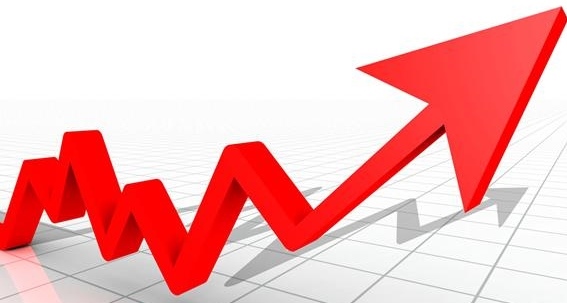AfricaPress-Tanzania: THE Tanzanian economy is projected to grow at 5.7 per cent or higher, thanks to sustained public investment and normalisation of global trade and investment.
The projection is also attributed to rolling out of measures to improve the business environment and bank lending to the private sector, according to the Bank of Tanzania (BoT)’s Monetary Policy Committee (MPC).
The committee which met this week to assess the recent performance of the economy and outcome of monetary policy noted that growth was attainable since last year’s projection of 5.5 per cent is achievable.
The GDP for the first nine months of last year stood at 4.7 per cent, despite Covid-19 related threats. The committee report indicated the economy grew at 4.7 per cent in the first three quarters of 2020, driven by construction, agriculture transport, and mining and quarrying.
On domestic economy, the MPC observed that the performance was fairly satisfactory compared to regional peers, despite global effects of the pandemic on economies.
“The MPC was concerned about the slow pace of recovery of the global economy over recent months due to Covid-19 pandemic,” reads part of the statement that was released by the BoT governor, Prof Florens Luoga.
Moreover, the Committee observed that the outlook has improved owing to fiscal stimulus and accommodative monetary policy executed in several countries. The improved growth prospects provide a favourable environment for exports and investment in the country.
“The external sector remained sustainable, benefiting from higher gold prices and subdued oil prices in the world market, despite realising reduced tourism receipts,” MPC statement said.
According to BoT’s Monthly Economic Review for the year ending January, exports of goods and services amounted to 8.74bn US dollars, a slight decrease from 9.83bn US dollars recorded in the corresponding period last year.
During the same year, under corresponding, export of gold increased from 666.9m US dollars to 2.97bn US dollars on both volume and price effects, and accounted for 49.5 per cent of the non-traditional exports.
However, the value of traditional goods exports decreased to 48.1m US dollars from 161.8m US dollars, largely explained by low export performance of cashew nuts, tobacco, and cloves while non-traditional exports rose to 369.8m US dollars from 365.1m US dollars.
The Monetary Policy Committee (MPC) held its 213th Ordinary Meeting on April 6, 2021 to assess the recent performance of the economy and outcome of monetary policy.
The MPC was satisfied with the performance of the economy, amidst circumstances of gloomy global growth caused by Covid-19. Against this backdrop, the MPC decided to maintain monetary policy easing stance to facilitate fast economic growth and lending to the private sector.
The MPC said the decision is in line with the objective of achieving inflation of 3-5 per cent in 2020/21. The latest World Bank report ‘The 15th Tanzania Economic Update, Raising the Bar: Achieving Tanzania’s Development Vision’ showed Dar es Salaam shrugged off Covid-19 restrictions to continue its growth last year as the rest of the world plunged into its worst recession.
WB’s Country Director for Tanzania, Malawi, Zambia and Zimbabwe, Ms Mara Warwick, said: “Tanzania, it’s one of a few economies that avoided recession in 2020 due the pandemic.” The country’s foreign exchange reserves were adequate, sufficient to cover about 6.2 months of imports







